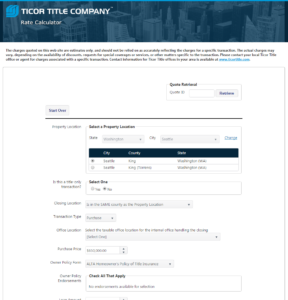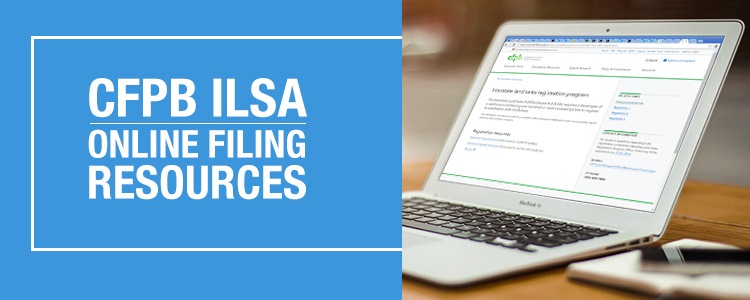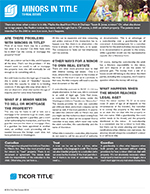
Make sure all of your clients are protected
You’re a real estate agent, so you know that buying a home can be overwhelming for many of your clients. Homebuyers can easily feel confused and frustrated by the mounds of paperwork they have to sign. Plus, all the fees associated with closing can sometimes be a surprise even to an experienced buyer.
Owner’s title insurance is one of those items often misunderstood by homebuyers at closing, yet its value is tremendous. As an important advisor to your clients, you are in the position to help them understand the value of owner’s title insurance and the dangers that can be incurred without it.
What is title insurance?
Owner’s title insurance is a policy that protects homebuyers’ property rights. For the same reasons that the bank requires a lender’s insurance policy, a homebuyer obtains owner’s title insurance to protect their legal claims to the property.
Related Articles
What is a title commitment
What to look for in a title insurance company
The Benefits of an owner’s title insurance policy
How title insurance protects your clients
Say, for example, your client recently purchased a new home from a builder, but the builder failed to pay the roofer. Wanting to be paid, the roofer filed a lien against the property. Without owner’s title insurance, your client would be responsible for paying this existing debt—meaning they’d be paying the roofer out of pocket instead of purchasing something nice for their new home, like new living room furniture. This is just one example of how owner’s title insurance protects homebuyers’ from various significant risks. With owner’s title insurance, your client would be protected from certain legal or financial responsibilities.
Enduring value
The good news is that owner’s title insurance protects homebuyers financially, as long as they or their heirs* own the home. For a low, one-time fee (average of 0.5% of purchase price), homebuyers can rest assured, knowing they are protected from inheriting existing debts or claims to their property.
State regulations and CFPB
Each state government regulates its own title insurance costs. In addition, the Consumer Financial Protection Bureau (CFPB) regulates closing and settlement practices which can impact title insurance. Keep in mind that title insurance industry practices vary due to differences in state laws and local real estate customs. The party that pays for the owner’s title insurance policy varies from state to state, and sometimes even within a state. For more information about title insurance, or to find a company approved to issue an owner’s policy, please direct your homebuyer clients to www.homeclosing101.org.
Free resources for Realtors®
Together, real estate agents, land title insurance professionals and other stakeholders involved in real estate transactions can protect homebuyers and provide them with the peace of mind they deserve during the home closing process.
For more information about title insurance, and to get free resources for real estate agents, visit www.alta.org/realtor.
*This article offers a brief description of insurance coverages, products and services and is meant for informational purposes only. Actual coverages may vary by state, company or locality. You may not be eligible for all of the insurance products, coverages or services described in this advertising. For exact terms, conditions, exclusions, and limitations, please contact a Ticor Title representative.

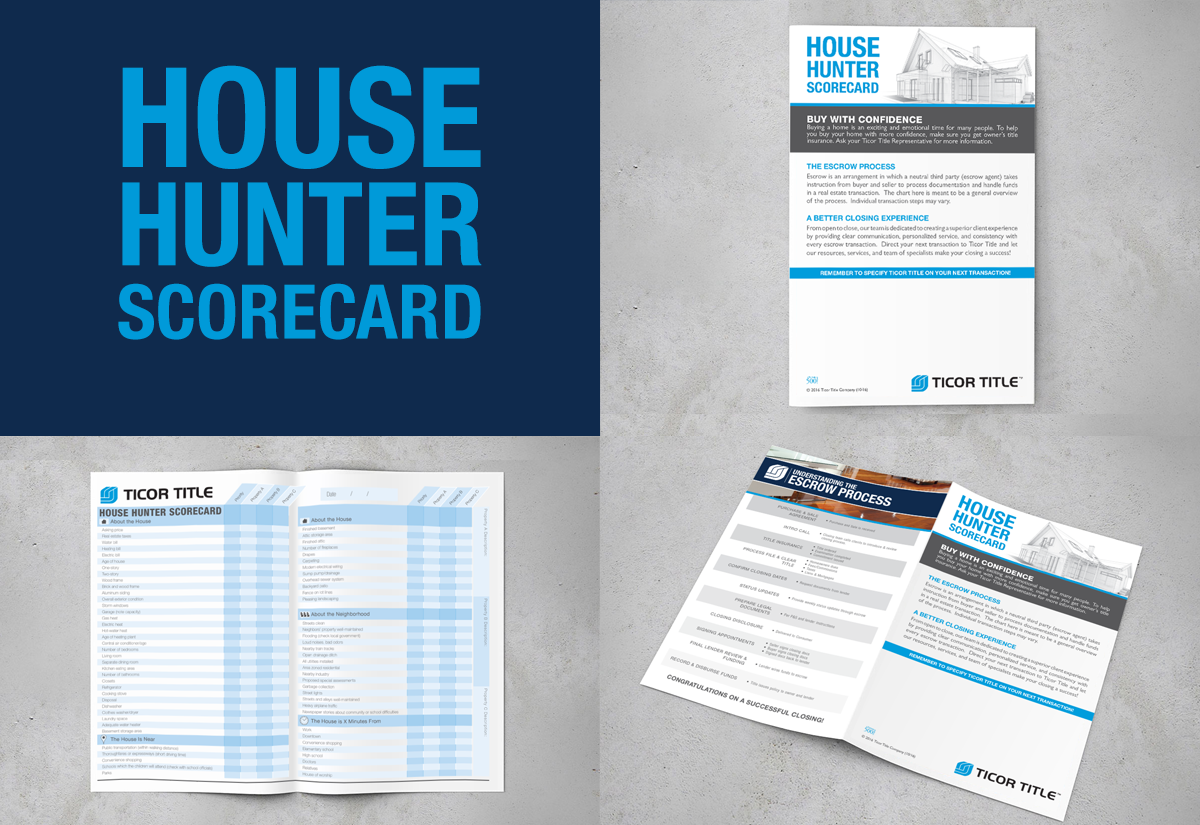
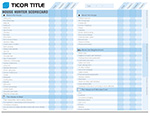

 Click the following link to download a printable version of –
Click the following link to download a printable version of –  Buying a home is an exciting and emotional time for many people. To help you buy your home with more confidence, make sure you get owner’s title insurance. Here’s why it’s so important for you.
Buying a home is an exciting and emotional time for many people. To help you buy your home with more confidence, make sure you get owner’s title insurance. Here’s why it’s so important for you. Click here to download
Click here to download 

